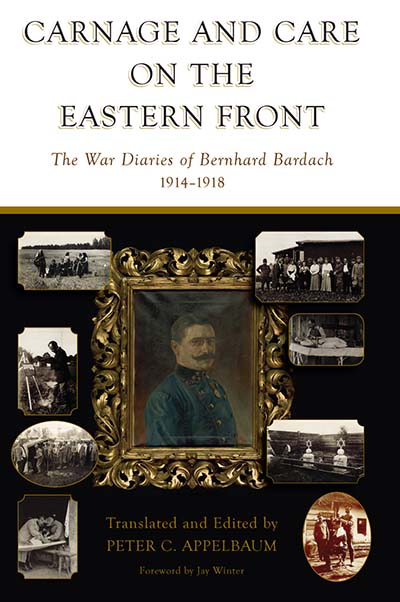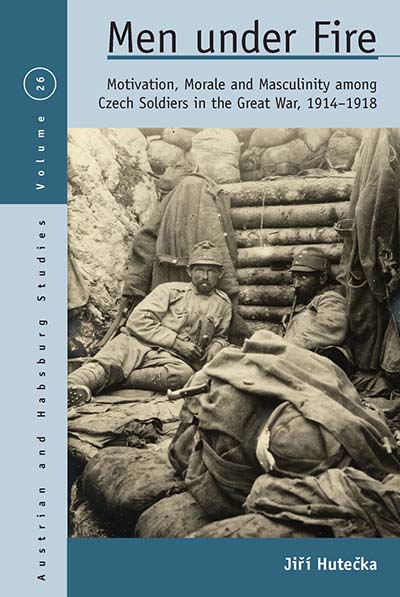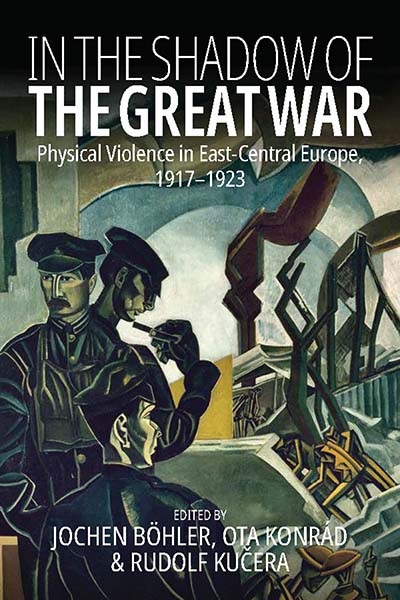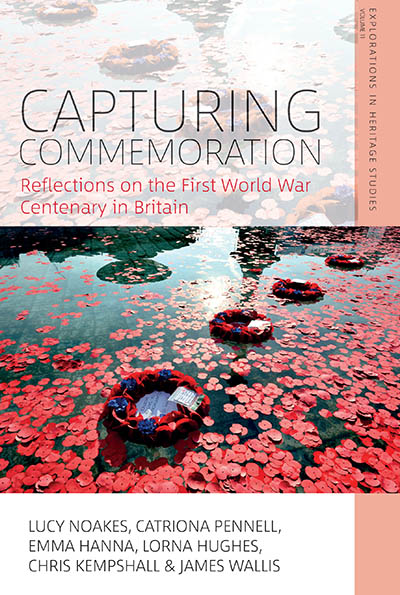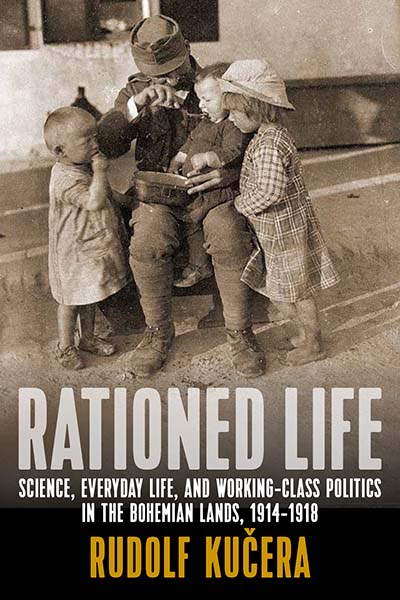
See Related
History JournalsEmail Newsletters
Sign up for our email newsletters to get customized updates on new Berghahn publications.
Rationed Life
Science, Everyday Life, and Working-Class Politics in the Bohemian Lands, 1914–1918
Rudolf Kučera
204 pages, 10 illus., bibliog., index
ISBN 978-1-78533-128-2 $135.00/£104.00 / Hb / Published (April 2016)
ISBN 978-1-78920-076-8 $34.95/£27.95 / Pb / Published (March 2019)
eISBN 978-1-80758-455-9 eBook
CZECHOSLOVAK STUDIES ASSOCIATION BOOK PRIZE WINNER 2017
Reviews
“This is a challenging and thoughtful work, one that rewards reading and study.” • East Central Europe
“This publication is to be welcomed as a valuable contribution to the social history of Central European workers during World War I. This intensification of the pressures on wage-workers in the cities and large factories of wartime Bohemia, the most industrially advanced region of the Habsburg Empire, is vividly analysed, and the writer’s theses may stimulate some rethinking of both World War I’s challenges to organised labour and to the evolution of regimes of labour control in the early twentieth century.” • Labour History
“Rudolf Kučera’s work is a remarkable step toward a more complete assessment of the war effort in Central Europe, and he presents a well-written and multifaceted social history of the Bohemian Lands during World War I… This compelling social history (in the best sense of the term) of the Bohemian Lands during World War I is a must-read on the subject and opens the field for a broader reassessment of life in the late Habsburg Empire.” • Austrian History Yearbook
“Among the numerous publications on the occasion of the centenary of the First World War Rudolf Kučera’s book stands out as being particularly interesting…[It is] very well written…and offers a very welcome contribution to the current debate on theory in Czech historiography. He presents new topics and introduces new concepts.” • Bohemia
“This book is a major achievement. It is the first book in English on the First World War in the Bohemian lands, and it will set the standard for all future scholarship in this field.” • Journal of Modern History
“His book offers an exciting, if provisional, rethinking of wartime labor history in the Austro-Hungarian Empire.” • American Historical Review
“The book offers a new way to look at the working class, mainly from the perspective of consumption, gender relations, and the worker’s place in the production process, while science and rationalization are largely discussed outside the frameworks of theory and scarcity, showing how it related to the war economy’s needs and affected the workers subjected to it. Eventually, Kučera excellently demonstrates how the war radically changed the Bohemian working class, thereby providing a solid background for the understanding of inter-war Czechoslovak working-class politics.” • European Review of History: Revue européenne d'histoire
“…the insightful vision of urban industrial workers’ experience and the powerful argumentation offered by Kuĉera’s book make it necessary reading for anyone interested in the economic, social, and political changes on the Austro-Hungarian home front during World War I.” • History: Reviews of New Books
“The book is a strong and much needed intervention into the historiography on the home front of the First World War in the Habsburg Empire and in East-Central Europe more broadly…a significant contribution to the historiography of the working class in the Bohemian lands… and the discussion of gender…Given its significant contributions, [Kucera’s} book is an essential read for anyone interested in the social history of the war, the history of the working classes in Central Europe, and the war’s effects on gender relations.” • Gender and Research
“This is an important contribution to our understanding of working-class life in central Europe during the First World War. Kučera convincingly shows that class mattered, if not in the way that actors at the time believed.” • Jakub Beneš, University College, Oxford
“Rationed Life draws upon an impressive array of primary sources while displaying a truly remarkable familiarity with a wide range of secondary sources published in Czech, German, and English. This is an original and thought-provoking book that challenges us to rethink the experience of World War I in Bohemia, and beyond.” • Chad Bryant, University of North Carolina, Chapel Hill
Description
Far from the battlefront, hundreds of thousands of workers toiled in Bohemian factories over the course of World War I, and their lives were inescapably shaped by the conflict. In particular, they faced new and dramatic forms of material hardship that strained social ties and placed in sharp relief the most mundane aspects of daily life, such as when, what, and with whom to eat. This study reconstructs the experience of the Bohemian working class during the Great War through explorations of four basic spheres—food, labor, gender, and protest—that comprise a fascinating case study in early twentieth-century social history.
Rudolf Kučera is a permanent researcher at the Masaryk Institute and Archives of the Czech Academy of Sciences, where he is also a deputy research director. He has held fellowships at the Freiburg Institute for Advanced Studies and Imre Kertész Kolleg at the University of Jena, and in 2015 he received the Otto Wichterle Prize for outstanding researchers under 35.

